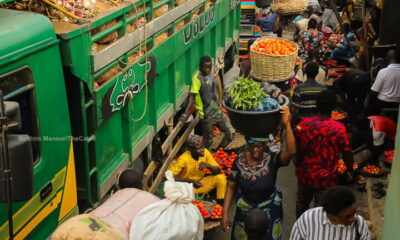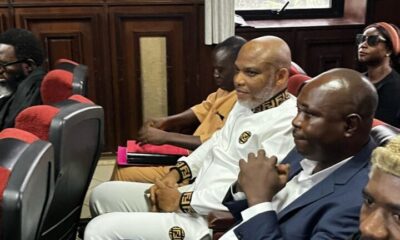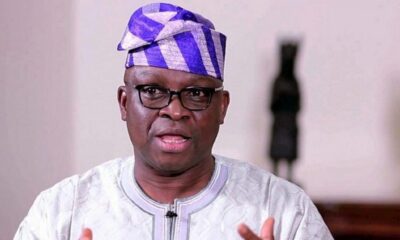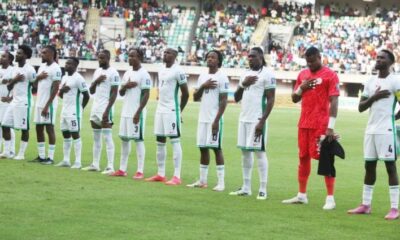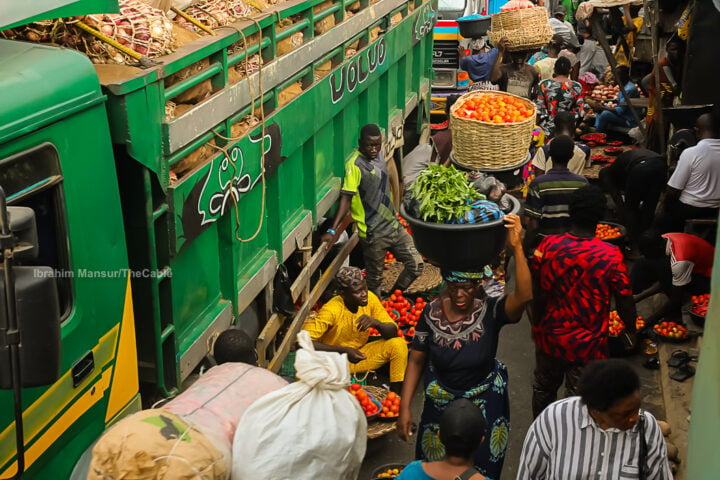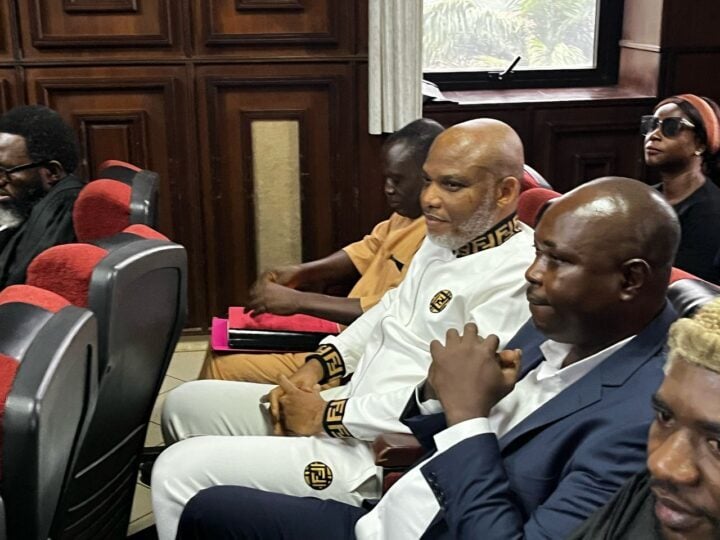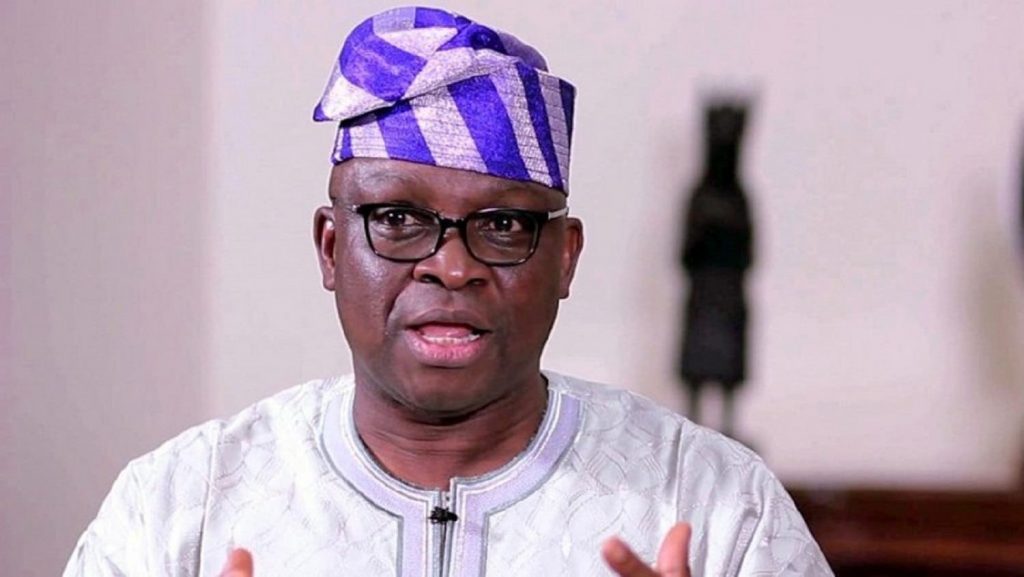The Transmission Company of Nigeria (TCN) says the power grid has maintained uninterrupted stability for over 400 days consecutively.
TCN spokesperson Ndidi Mbah said in a statement on Wednesday that the power grid ran without any major disruptions or system failures over the period.
She stated that the achievement represents a significant development in the country’s efforts to strengthen its power infrastructure and ensure a reliable and dependable electricity supply to distribution load centres for onward distribution to customers nationwide.
“The sustained stability and reliability of the Nigerian power grid can be attributed to a combination of strategic measures and investments in the power system by the Management of the Transmission Company of Nigeria (TCN),” she said.
Mbah said some of the key elements that have contributed to the feat include the “configuration and enforcement of free governor control, effective under-frequency relay scheme, among others”.
She said TCN constituted a three-person to go round the country for the “configuration and activation of primary reserve in coordination with power stations and in line with the provisions in the Grid code”.
“This committee devised a robust monitoring and enforcement mechanism for generating station compliance after activating the unit governor control,” the spokesperson said.
“This innovative approach, known as free governor mode of operation (FGMO), automatically adjusts generation in response to frequency changes, ensuring stability, reliability, and reduced transmission losses.
“Under frequency relay scheme, counters the challenges posed by occasional generation shortfalls and resulting frequency declines, TCN implemented a strategic deployment of under frequency relay scheme.”
How It Works
The scheme, according to Mbah, operates in critical stages to prevent frequency-related disruptions by initiating circuit breaker trips or alerting network operators, thereby averting system collapses.
“TCN in-house engineers deployed the loT/VPN for Enhanced Grid Visibility by creating an interim solution utilizing lot sensors and devices. This real-time monitoring capability aids proactive issue identification, preventing potential disruptions,” she said.
“Efforts are ongoing to expand this visibility by incorporating additional transmission stations through lot integration TCN successfully carried out several Infrastructure Upgrades / N-1 contingency transforming the grid from a radial network to a loop system through massive investment in construction and dualisation of critical circuits, comprehensive modernization of transmission infrastructure, including commissioning new transmission stations and installing power transformers, has reinforced grid resilience and operational flexibility.
“The company equally focussed on putting in place an enhanced maintenance regime with regular inspections, prompt repairs, and proactive preventive maintenance strategies to ensure the integrity of power plants, transmission lines, and substations. This approach sustains infrastructure health, operational reliability, and efficient power flow.
“Regular maintenance has equally ensured less equipment downtime due partly to regular mechanised line trace which has prevented vegetation from fouling transmission lines. This has helped reduce downtime especially in forest areas where TCN transmission lines transverses.”
In Nigeria, power grid collapses are nearly a monthly occurrence that plunges the country into darkness.
In September 2022, the national grid collapsed for the eighth time in the year. Prior to that, the country had recorded more than 200 partial and total electricity grid system collapses from January 2010 to June 2022.

 BIG STORY2 days ago
BIG STORY2 days ago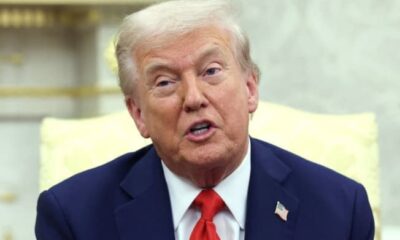
 BIG STORY1 day ago
BIG STORY1 day ago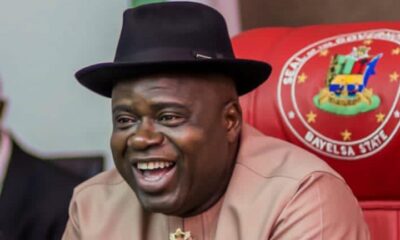
 BIG STORY24 hours ago
BIG STORY24 hours ago
 BIG STORY3 days ago
BIG STORY3 days ago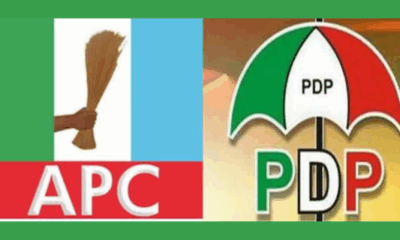
 BIG STORY2 days ago
BIG STORY2 days ago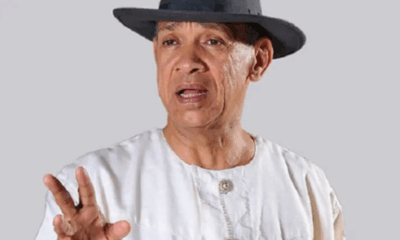
 BIG STORY23 hours ago
BIG STORY23 hours ago
 BIG STORY3 days ago
BIG STORY3 days ago
 BIG STORY6 hours ago
BIG STORY6 hours ago







